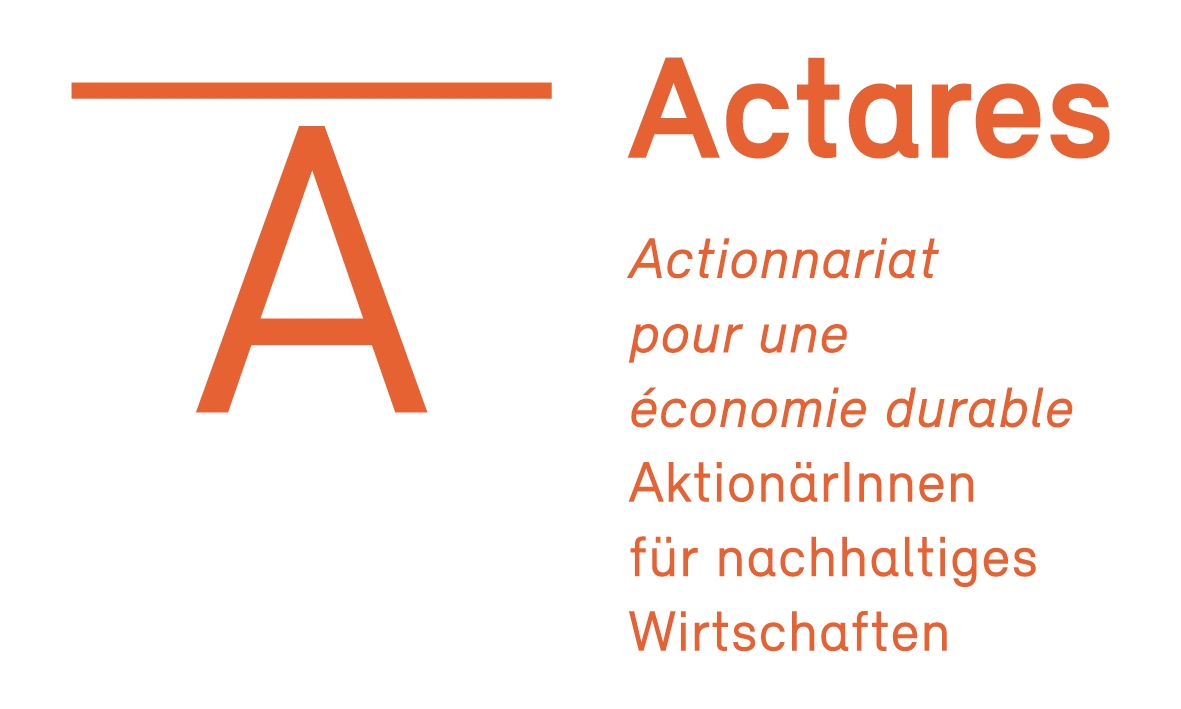On Tuesday 14th of April, 2021, New Zealand introduced a bill that would require companies in the financial sector to report on the climate impact of their investments. Sustainability concerns are becoming a key challenge for society. Indeed, Geneva will hold the second edition of the Building Bridges Summit, a unique conference bringing discussions and cooperation between many actors, from the 30th of November to the 2nd of December, 2021.
Our society is undergoing profound changes and we are constantly reminded of the uncertainty of tomorrow’s world. In the face of this, companies have only one key word: innovation. It allows us to adapt to the new needs of consumers and our planet; to stand out from our competitors; to circumvent the effects of the crisis. Innovation is not only the key to economic success, it is also the solution for a sustainable world. In the financial market, many innovative opportunities have emerged such as green bonds, portfolio 2.0, fintech, crowdfunding and many others. The Swiss financial centre has an important role to play in the field of sustainability, as it has a variety of leading companies offering sustainable finance products. In 2018, Geneva was chosen to host the headquarters of a promising organisation: the FC4S (Financial Centres for Sustainability). Attached to the United Nations Environment Program (UNEP), it aims to accelerate the growth of sustainable finance by engaging and sharing best practices with the world’s leading financial centres and stock exchanges.
What can sustainable finance bring to society?
Sustainability concerns are the present and the future of our society. As Anthony Miller, Economic Affairs Officer at UNCTAD, explained, « You cannot have a successful company on an unsuccessful planet. » Indeed, each company, even the most powerful ones that dominate the world’s market as the GAFAMs, strongly rely on raw materials and energy resources that are limited on earth. To be in line with current market trends for environmental transparency, the financial sector needs to understand how to incorporate sustainability footprints and climate change in the decision process regarding investments and financial decisions at corporations.
According to Swiss Sustainable Finance, sustainable finance « refers to any form of financial service that integrates environmental, social and governance (ESG) criteria into business or investment decisions for the sustainable benefit of clients and society at large. It aims to integrate the 17 United Nations Sustainable Development Goals into the financial world. »
Sustainable finance includes:
- green finance: financial operations that promote energy transition and climate change mitigation,
- solidarity-based finance: the financing of socially useful activities,
- socially responsible investment: portfolio managers incorporating ESG criteria within their asset management.
By adapting their investment profile, financial entities can:
- channel private investment and redirect it towards more sustainable technologies and activities,
- contribute to the creation of a low-carbon, climate-resilient and circular economy,
- finance economic growth in a sustainable way over the long term.
A world in constant evolution in need of regulations
As Marie Owens Thomsen outlined in the interview, « sustainable finance is a world neither black nor white. » Sometimes, the sincerity of sustainable performance reports can be questioned. Some firms are misreporting their sustainability footprint and use publicly environmental protection arguments that help attract consumers’ attention. On the other hand, it is sometimes difficult to distinguish between a genuine ecological commitment and a simple marketing ploy, in which case it is called greenwashing.
Therefore, the regulation of this new market is becoming a priority. Institutions of the European Union have been gathering multiple resources to elaborate a legislative package. A common language called « taxonomy on sustainable activities » has been created to provide environmental sustainability criteria for all economic activities that are compatible with two of the environmental goals set by the European Commission: climate change mitigation and climate change adaptation objectives. The ultimate goal is to enable financial market participants to assess the environmental sustainability of projects or the activities of the company in which they invest. However, as this project is still under construction, the framework and measurement indicators of sustainable investments are still not standardized, and the vagueness that this creates is affecting investors’ confidence.
In order to accelerate the financial sector’s contribution to the achievement of the 17 objectives of the United Nations, the Building Bridges Summit, chaired by Patrick Odier, Senior Managing Partner of Lombard Odier Group will be holding its second edition in Geneva from 30 November to 2 December 2021. This sustainable finance conference is unique by bringing discussion and cooperation between financial and other private sector actors and institutions, public authorities, international organisations, as well as not-for-profit and academic stakeholders. This initiative benefits and contributes more to the development of Geneva and Switzerland as a central hub for sustainable finance.
Interview with Dr. Marie Owens Thomsen
Marie is Head of Global Trends and Sustainability at Lombard Odier Private Bank. Motivated by the immense potential of sustainable finance, she tells us her own philosophy of a sustainable world. In her opinion, many challenges still need to be overcome, such as « breaking the model that has been up until now : Take, make and waste. »
Eloïse Azzola
Innovation Time Genève

Last modified: 2 juillet 2021





















